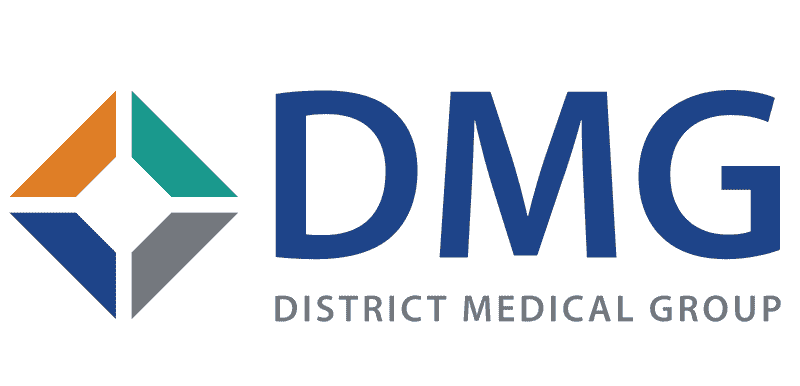COVID-19 Pandemic and Your Heart Health
By Ivan Filner, DO, family medicine physician

Contents:
Whether you have had COVID-19 or not, the pandemic may have impacted your heart health or that of a loved one. February is American Heart Month, and a great time for all of us to learn more about heart disease and factors that increase our risks, some of which were exacerbated by the pandemic.
Did you know that according to the American Heart Association, heart disease is:
- The number one killer of Americans?
- Diagnosed in about one of three women annually?
- Increased 171 percent worldwide in the past decade?
- Preventable in most cases?
Indirect Impacts of COVID-19
Studies by the American College of Cardiology have highlighted the indirect impacts of the COVID-19 pandemic on the heart health of people of all ages.
Delay in seeking care due to fear of contracting COVID-19
While the best way to avoid getting COVID-19 is to stay home, some people with symptoms of stroke or heart attack are not seeking or are delaying getting medical care, resulting in increased heart-related mortalities. In addition, annual wellness exams and/or regular check-ups have been by patients to mitigate the risk of contracting the coronavirus.
Weight gain, aka “quarantine 15”
With many services, like gyms, closed and people encouraged to stay home, eating increased and activity decreased for many of us resulting in the addition of “pandemic pounds.” An increase in body fat is directly related to cardiovascular disease.
Decline in mental and/or emotional health
A Kaiser Family Foundation (KFF) poll found that 53 percent of adults in the United States reported their mental health had been negatively impacted by the pandemic due to increased worry and stress. In discussing the “head-heart connection” with the American Heart Association, Nieca Goldberg, MD, medical director for the Joan H. Tisch Center for Women’s Health at New York University’s Langone Medical Center, shared, “Stress can increase hormones like adrenaline and cortisol, and can impact your blood pressure and heart rate.”
Increase in alcohol and/or substance abuse
Of those responding to the KFF poll, 12 percent reported increased alcohol consumption and/or substance use. Drinking more than three servings of alcohol per day leads to a level of toxic substances in the blood that directly increases the risk of heart attack. As well, according to the American Heart Association, “most illegal drugs can have adverse cardiovascular effects, ranging from abnormal heart rate to heart attacks.”
If you’ve been impacted by any of the above, schedule an appointment with A DMG primary care provider. Together, we can develop a care plan to get you back on the road to optimal health.


